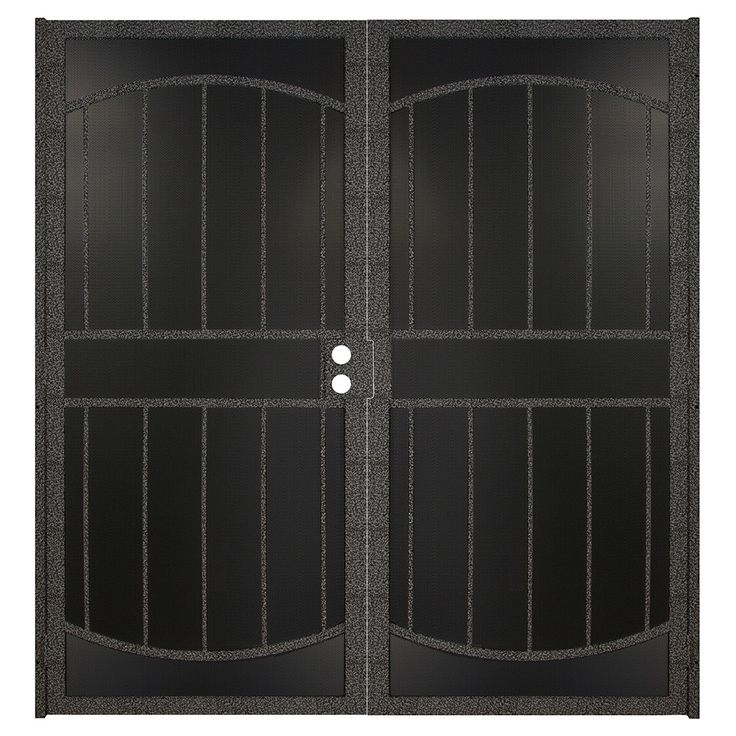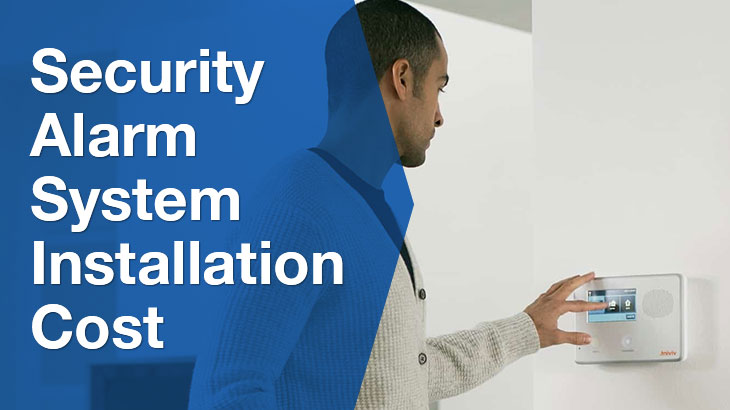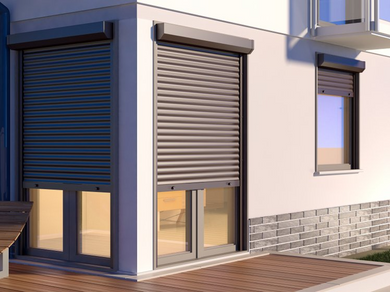
The security of your garage door is important for the safety of your home. It stops the door from closing against you or other objects. This is especially important when the timer is running. Safety eyes can be installed on many systems to detect objects in their path. These can be installed on any system for around $25.
Smart garage door openers
There are several smart garage door openers that offer a variety of features and functionality. Some openers work with Google Assistant or Alexa while others can be integrated with Nest and Xfinity Home systems. These openers allow you to schedule opening and closing of the garage door, and they can send you notifications when the door is in use.
The right smart garage opener can help eliminate your concerns about safety. The smart garage door opener will make it impossible for anyone to open or shut the garage door without your knowledge. It will provide you with peace of heart even when your not home.
Locks
There are many ways you can secure your garage door. A deadbolt lock can be installed to protect your garage door. This lock is the strongest and most resistant to drilling and lock-picking. A fingerprint system can be installed that functions like an iPhone. This allows you to open and close your garage door even if you aren't at home. The best preventative measures are to keep your garage door closed and your vehicle locked.

Installing a mortice lock will give you the best security. These deadlocks have a flush finish and are not spring-operated. Additionally, they need a key to unlock, which increases their security.
Frosted Film
Garage doors can often be viewed through windows. Potential burglars will easily see what is inside. It is possible to protect your home from burglary by installing an opaque window covering. In addition to adding privacy, the film will also help protect your belongings from the sun's rays.
While installing security film, take care to follow the instructions carefully. It doesn't matter if you drill holes or staple it in. But you must ensure the film is aligned properly to keep unwanted light out of your garage. You can complete the installation in as little as an hour if you take your own time.
Timers
The garage door timers are a great tool to protect your home from unauthorized access. These devices can be used to set the time that your garage door will open and close, as well as to program the security system to work at a preset time. These devices will prevent your garage door from closing accidentally on you, your vehicle, or any object. These devices use infrared lights to identify objects blocking the door's path. These devices can be easily added to any garage system for as low as $25 and they are very effective in deterring unauthorised access.
A timer can be used to automate the garage door opener or upgrade your security system. These devices can only be turned on at certain times and are wired directly to the door operator. This means that the garage door operator cannot access it remotely. These devices will make your garage door more secure and close automatically.

Remotes
Your garage door can be protected from burglaries by using remotes. They transmit a unique code over a frequency range that no one else can see. They include a device called "code graber" that records the codes. If someone is able to take the code grabber, they can push a button to reset the garage door. This will send the code again.
Remotes for garage door security can be an ideal option for protecting your home from intruders. One-button devices are convenient, inexpensive, and can be installed easily. These devices enable you to program a code and open the garage door with your smartphone. Some models have two-way audio and video capabilities. They also have rolling code technology, which sends a different security code every time they are used.
FAQ
Which security system is best?
The best security system depends on the value you place on your home. You have two options. One is to go with a basic system which offers minimal protection but is affordable. You can go with a basic alarm system that provides limited protection, but you have the option to upgrade to one that has remote monitoring and video surveillance as well as access control.
Do I really need an alarm system for my home?
If you own a home, you definitely need a home security system. An intruder could enter your home at any moment without warning. They'll take anything they want, including expensive electronics and jewelry. And if you leave your doors unlocked, they could just walk away with everything.
Home security systems help you protect your home and notify you when something is happening. You can view the recorded footage and receive alerts from your mobile device when motion is detected.
If you'd rathernot spend money on a home security system, you can always use a simple DIY camera instead. These cameras allow you to see who is at your front door and notify you when they are entering or leaving. These devices won't prevent intruders from breaking into the home.
Which home security company is best?
ADT is the best company for home security monitoring. They provide 24/7 monitoring at an affordable cost. They have a customer service team that is available 24 hours a day and will respond within minutes to all issues.
ADT also offers an app that works on both Android and iOS platforms. This allows you to check your home anywhere and anytime.
Which is the best home surveillance camera system?
Consider purchasing a home security camera system to protect your family. These systems are easy to use and they provide great benefits for both homeowners and renters. You can monitor your property remotely using your smartphone or tablet, computer, and other mobile devices.
How do I decide between the different types of home security system?
Consider the threats in your neighborhood. An alarm that will sound when someone enters your residence might be a good idea if your area is plagued by crime. You might not need as many security measures if you live in a rural location with few burglaries.
You should also think about whether you're willing to pay for extra features. Some systems have cameras built in while others do not. Some systems let you remotely monitor your house, while others require you being physically present to view the footage.
Statistics
- Depending on your insurance, 24/7 professional monitoring may qualify you for as much as 15% off your premium. (safewise.com)
- That's probably why Cove has a whopping 98%* customer retention rate. (safewise.com)
- (In my experience, the discount on my home insurance covered about 25 percent of the subscription of an average plan, but your mileage may vary depending on your location and the size of your home.) (theverge.com)
- Unlike other online safety services that charge up to 100 percent of your monthly fee, Cove charges no upfront fees and has no hidden costs.
External Links
How To
How to Install an Home Security System
A home security alarm is a device that monitors the property and alerts you in case of any suspicious activity. It could be a motion sensor, doorbell camera, smoke detector, fire alarm, flood alert, carbon monoxide detector, burglar alarm, etc. A home security package usually includes one or more sensors (e.g. a motion detector), which send signals whenever they detect sound or movement. The signals are then sent by the sensors to a control center where they are recorded and monitored. If there's a problem such as someone breaking into your house or other suspicious activity, the control panel sends an alert via your phone, tablet computer, voice assistant, or computer. You will be notified immediately and you can take immediate action.
It is important to choose the right type and size of sensors to fit your home before installing a security system. There are two main types of sensors: passive and active. Passive sensors don't require batteries; they just pick up sounds and vibrations from their surroundings. They include things like doorbells, sirens, and buzzers. Active sensors transmit data using electricity. Examples of such sensors include cameras and motion sensor.
There are many types of sensors on the market today. Each brand comes with its own pros and cons. Some sensors are waterproof, others are not. Some come with built-in speakers so you can hear them even if they're outside. Others work only inside. Some are simple, while others offer advanced features such as night vision.
After choosing the best sensor type for your property you can choose a manufacturer. This will ensure that all your sensors work together. The hardware store should offer many choices.
Once you have selected a brand of sensor, you need to decide the number you wish to buy. Depending upon whether they live alone or in a group, most people begin with one or two sensors. You may want to consider purchasing more sensors in the future if possible.
Next, determine where you want your sensors to be placed. Are you looking for them to be near doors or windows? Or are you happy to keep them hidden? Make sure you get permission before placing them around your property. You should also ensure that they don't interfere with electrical outlets or other property features.
Now that you know where you want to put your sensors, you'll need a way to connect them to your control panel. Depending on your setup you might need to buy a power adapter and/or battery pack. Once you have everything set up, you'll be ready to monitor your property!